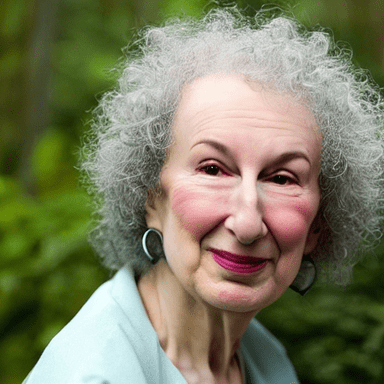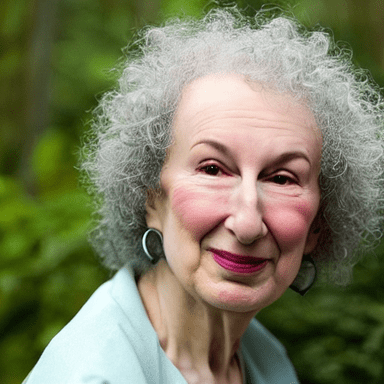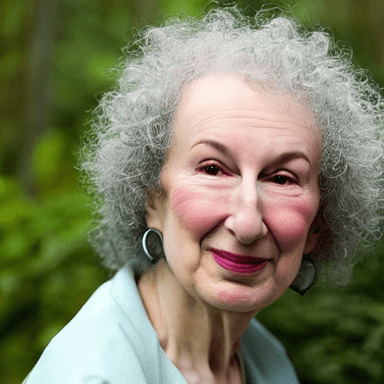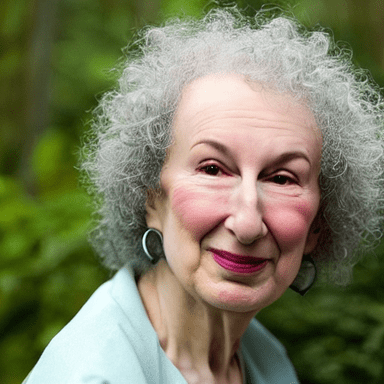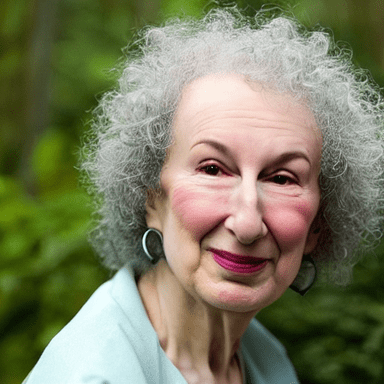
Why does Margaret Atwood have an interest in biology?
Celebrated for fiction like The Handmaid’s Tale extrapolating social trends into chilling dystopian futures, Margaret Atwood has frequently incorporated scientific elements like biology into speculative worlds that feel eerily plausible. Atwood’s lifelong fascination with biology stems from her extensive study of wilderness survival skills and informs her nuanced exploration of biotechnology’s double-edged potential.
The Roots of Atwood's Biology in Childhood Explorations and Academic Study
Atwood’s hands-on education in biology began during her childhood roaming the Canadian woods, studying flora and fauna firsthand. This instilled appreciation for the fragility of natural balances that Atwood would later subvert in environments like Gilead. Her time studying botany at Harvard immersed Atwood in biology’s deeper complexities.
Fiction as a Playground for Biological Manipulation and Social Commentary
Atwood’s fiction often tweaks biology to heighten her worlds’ realism and thematic power. Her “gene-spliced” ChickieNobs amalgamate chickens and humans to satirize commercialization of life. The Handmaid’s Tale harnesses fears of declining fertility. Oryx and Crake engineers new predatory species to critique scientific hubris. Atwood realizes biotechnology’s creative and destructive potential.
The Appreciation and Cautionary Balance in Atwood's Approach to Biotechnology
Ultimately Atwood appreciates biology’s intricate mysteries and processes while acknowledging its power must be wisely checked against human rights. Through decades studying nature’s nuances, then boldly extrapolating warnings in fiction, Atwood calls for balance between progress and ethics. Her mastery of biological elements accentuates speculative fiction’s power to illuminate.
Atwood's Lifelong Passion for Biology and Its Impact on Speculative Fiction
Margaret Atwood’s lifelong passion for biology, from childhood expeditions to graduate study, infuses her dystopias with prophetic power. Her vantage point both within natural sciences and observational writing enables uniquely insightful extrapolation of complex biological themes. Atwood’s bold at exploring bioethics expands fiction’s philosophical horizons.
